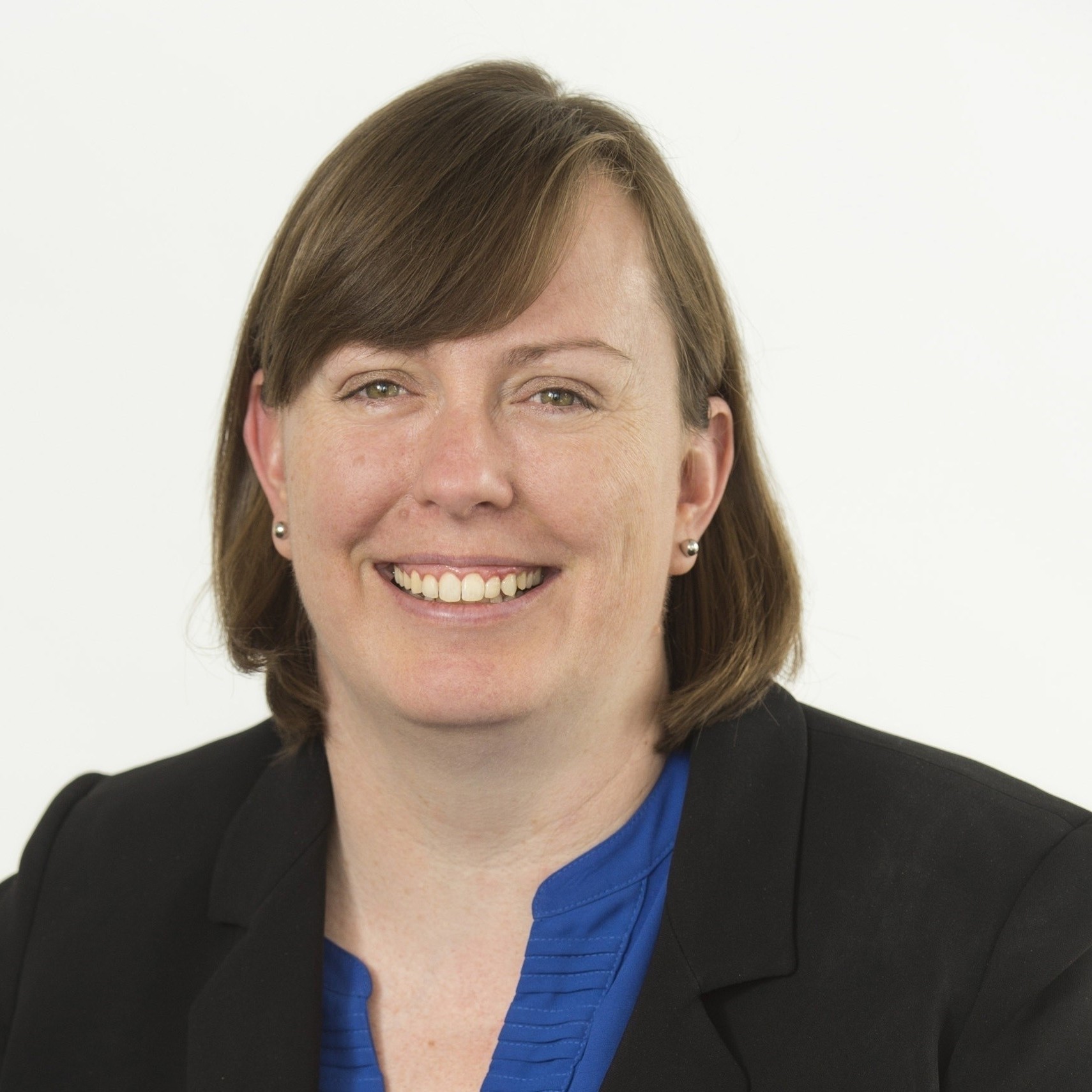
Dr Virginia Newcombe is a Health Foundation/AMS Clinician Scientist Fellow, Consultant in Critical Care and Emergency Medicine, and a Royal College of Emergency Medicine Associate Professor.
Virginia was in the second cohort of SUSTAIN as an Academy of Medical Sciences funded participant.
It’s been nearly a year since you were on SUSTAIN. Does it still affect how you work?
Absolutely. SUSTAIN helped me realise that have an overall vision with your research and career is key. Keeping this in mind has helped me to focus on the things I really need to do rather than doing the things I think I should be doing. By changing my approach, I have noticed my productivity has improved substantially and I have more time to think and do other things.
The space the programme gave me allowed me to reflect on what sort of leadership style I would like to use. This has helped me significantly in my approach as I start to build my own research group.
Most importantly, it helped build my confidence that I have the skills to be a clinical academic.
How has SUSTAIN impacted your career over the past year?
The confidence I built and skills I learnt on SUSTAIN has facilitated:
- my recent appointment as a Royal College of Emergency Medicine Associate Professor;
- a significant improvement in my presentation skills. One example of this is that directly after giving a plenary presentation at the International Neurotrauma Symposium in Toronto in August this year (5 months after SUSTAIN), I was invited to talk at other international conferences in 2019 and 2020, asked to collaborate on a spinal injury regeneration trial and join an international committee. Most flatteringly, I had people who do animal research tell me my human-based talk was their favourite of the conference;
- my appointment as academic lead for Emergency Medicine, University of Cambridge;
- my confidence to develop collaborations in the UK and overseas;
- a smoother transition from a clinical trainee and junior academic to a consultant who is becoming an independent academic.
What do you think is the biggest challenge that you face doing your job? Was this different before SUSTAIN?
My biggest challenge is to juggle all of my different roles. I work in two different acute specialties (Emergency Medicine and Critical Care) as well as in academia. SUSTAIN has helped me to better compartmentalise these roles and work more efficiently. Importantly I have learnt to (and how to) say no to things that do not help with the bigger picture and achieve my overall aims.
What was your favourite part of SUSTAIN?
My favourite part was meeting and forming a network with all of the other members of the cohort. They really are a group of inspiring and supportive women. We still maintain a WhatsApp group where people ask for advice and celebrate successes, which is a very useful ongoing legacy.
I would just like to add that SUSTAIN is a fantastic program – a must for any early career academics.
To find out more visit the SUSTAIN Programme page.
If you want to learn more about how to set up a programme like SUSTAIN in your organisation, please get in touch at [email protected].